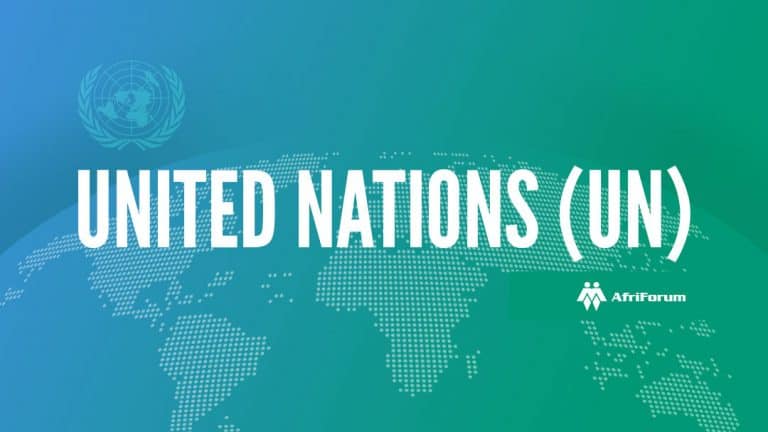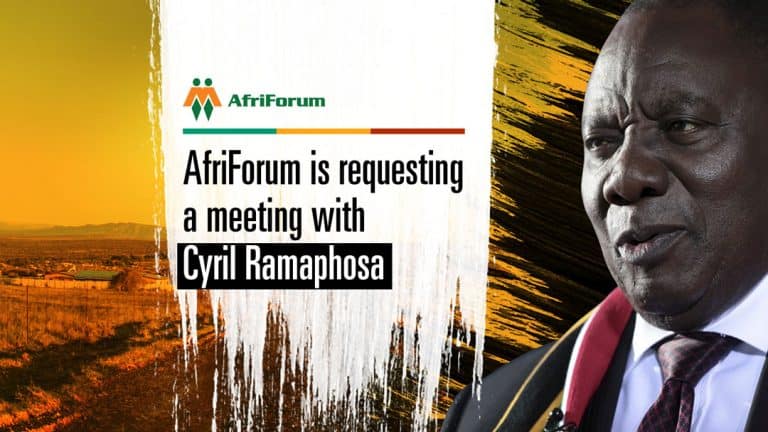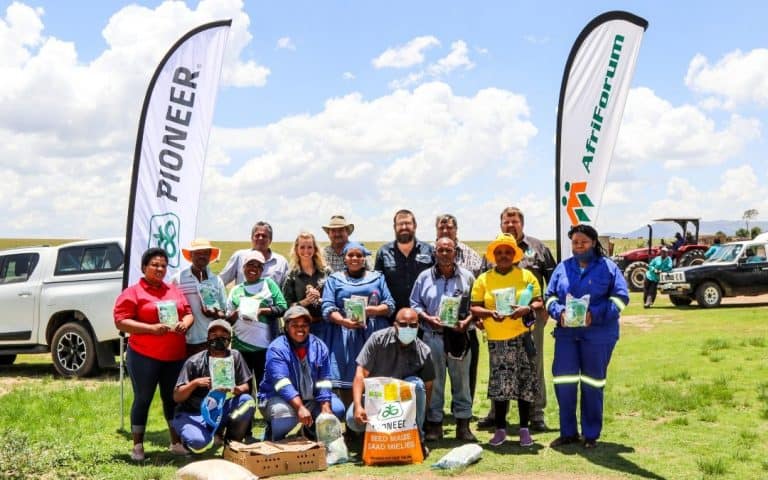EAPASA fails as regulator: Continuation of mandate will not protect communities
Soundbite: Lambert de Klerk (English)
The Department of Forestry, Fisheries and the Environment’s intention to extend the Environmental Assessment Practitioners Association of South Africa’s (EAPASA) mandate as the sole regulatory authority for environmental practitioners – even after 2026 – raises serious concerns, for good reason. AfriForum argues that this continuation proves once again that there will continue to be no consequences for practitioners who do not comply with environmental standards.
EAPASA has been acting as a so-called regulator since 2018, but to date there is no evidence that this authority is effectively carrying out its mandate. In terms of the National Environmental Management Act (NEMA) and the Environmental Impact Assessment Regulations, it is the responsibility of a regulator to ensure that environmental practitioners meet strict professional standards and that disciplinary action is taken against incompetent or dishonest practitioners. However, the reality shows the opposite.
In the controversial mining project south of the Kruger National Park, AfriForum, as well as many other role players, have repeatedly pointed out serious procedural errors with regard to the environmental impact assessment that was undertaken, studies that were missing and a clear lack of public participation. Yet EAPASA has taken no action against the environmental practitioner, Kimopax, who is managing the process. This example is just one of many where communities are left at the mercy of dishonest or incompetent environmental practitioners.
“When a regulator like EAPASA does not protect the public from corrupt practices, the entire system of environmental governance is undermined. The continuation of EAPASA’s mandate simply means more years in which environmental practitioners can mislead communities and sell out the environment without any repercussions,” says Lambert de Klerk, AfriForum’s Manager of Environmental Affairs.
AfriForum will submit formal comments on this decision and encourage communities to do the same. “AfriForum will insist that any extension of EAPASA is strictly linked to measurable reforms and an independent disciplinary system. Otherwise, it is just another extension of incompetence,” concludes De Klerk.











